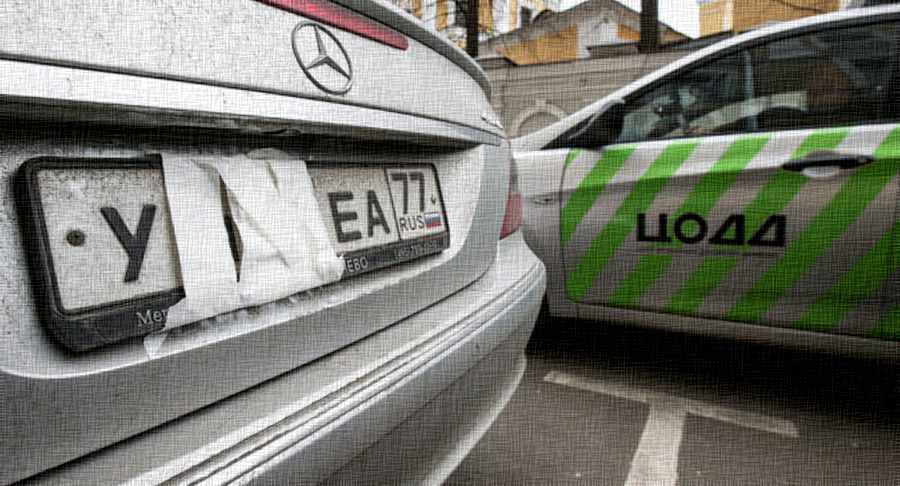Moscow to Upgrade Traffic Cameras for Enhanced License Plate Recognition
The Moscow city government is set to spend 180,703,638 rubles on upgrading its automated traffic violation photo and video recording system. The tender was commissioned by the Moscow Center for Traffic Management (TsODD), as reported by Kommersant. The updated system is scheduled for implementation in 2022.
New Capabilities for Law Enforcement
With the upgrade, traffic police officers will be able to track vehicles that have been deregistered, are wanted, or are registered to deceased individuals using the “Interception” mobile app. Currently, when an automatic system detects a “suspicious vehicle,” the information is sent to a central dispatch center and then relayed to the traffic police, a process that takes considerable time. The city plans to equip inspectors with a mobile app on their tablets, allowing them to connect directly to any road camera, locate wanted vehicles, and stop them for inspection.
Improved AI and License Plate Recognition
The system’s neural networks will also be enhanced. They will be able to recognize partially obscured license plates, new car models, and automotive brands. If some characters on a plate are missing, the artificial intelligence will cross-reference the vehicle’s model or make and suggest several possible plate numbers to the inspector. After verification, the information will be sent to the traffic police for processing fines.
Developers are also tasked with preventing double fines for a single violation. For example, if multiple camera systems are installed over a dedicated bus lane, the system should ensure that drivers are not penalized more than once for the same infraction.
Adapting to New Vehicle Models
The AI will be trained to recognize the latest car models, which is especially relevant given the recent influx of new Chinese vehicles and the development of the autonomous vehicle market in Russia. TsODD emphasized the importance of this feature, as the variety of vehicles on Russian roads continues to grow.
Currently, drivers can sometimes receive multiple fines for a single violation if several camera systems are present in one area. The upgraded system aims to eliminate this issue by ensuring only one fine is issued per violation.
Expert Opinions and Implementation Timeline
Pyotr Shkumatov, coordinator of the “Blue Buckets” movement, commented: “If inspectors connect to cameras and target specific vehicles, it will be much more effective than sending out 500 automatic fines that go nowhere. Law-abiding drivers should generally be left alone, and the focus should be on real violators.”
According to the contract, the upgrade work must be completed by the end of 2021, with testing to take place as the technology becomes ready, TsODD representatives said.



